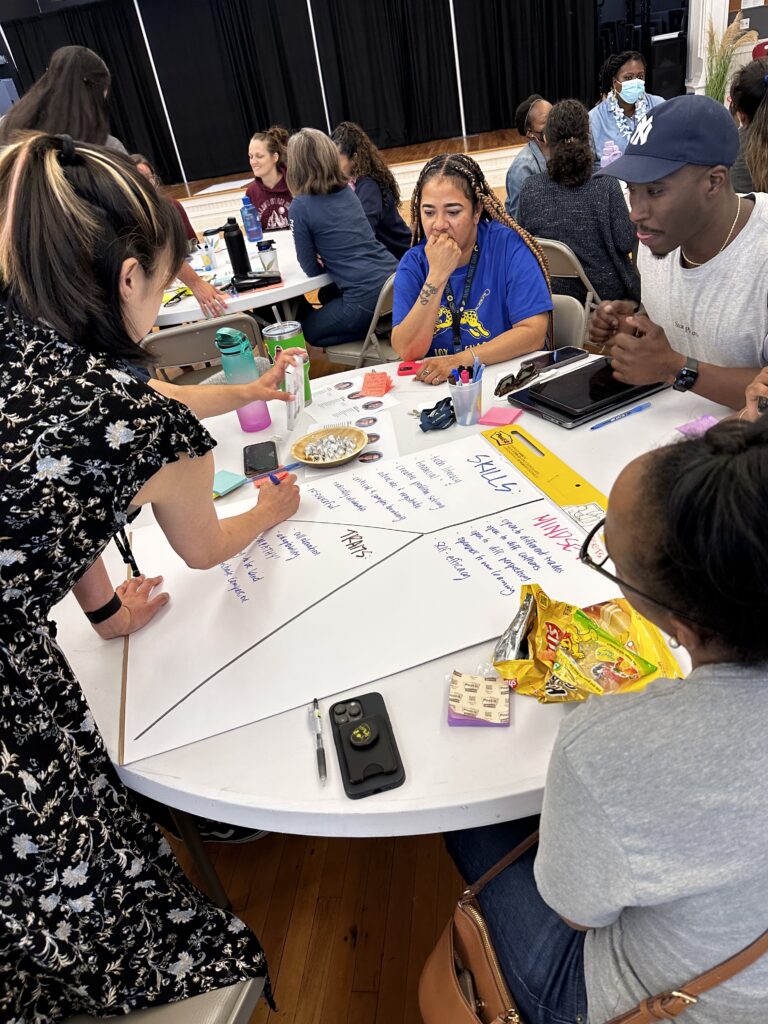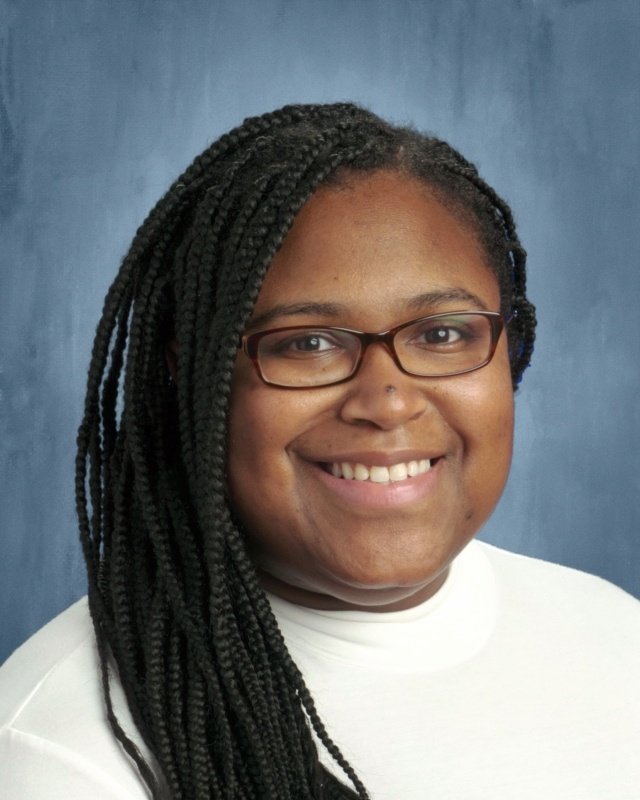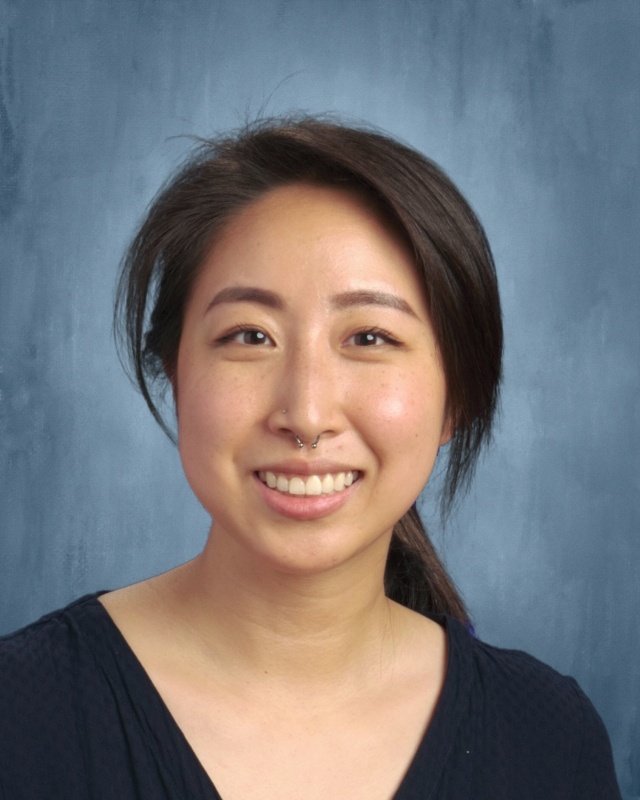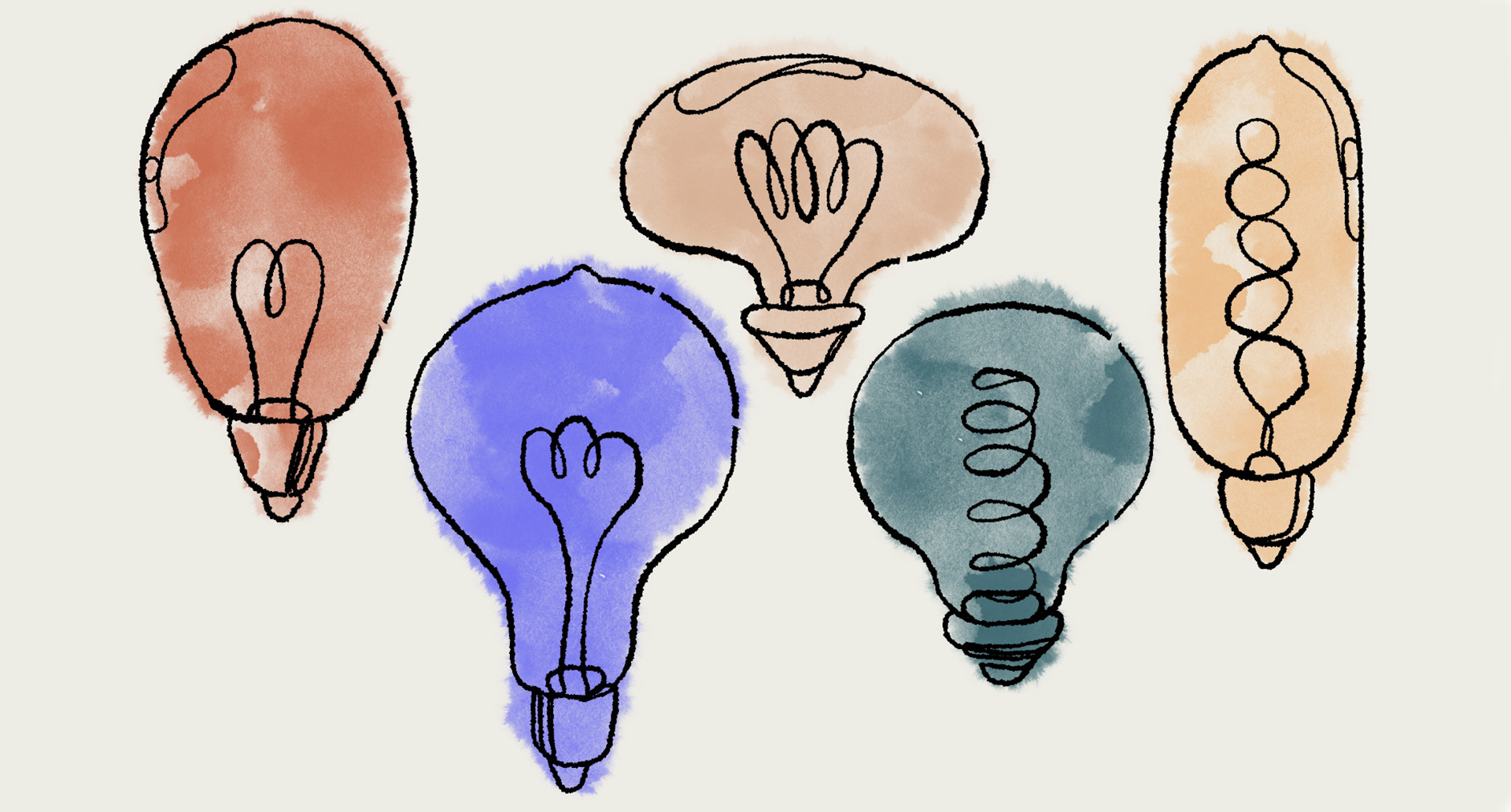How might we redesign schools to be responsive to learners' needs and aspirations?
For the last 100 years, schools have taken a one-size-fits-all approach to student learning. But we know that one-size-fits-all does not address the diverse needs and interests of our kids. We often look to academics or politicians to propose changes to transform our outdated education system. But what if we trusted our students as the experts of their own learning experiences?
We’re working with Maureen Joy Charter School, a preK - 8th grade school in Durham, NC to redesign how students learn (and teachers teach), so that 8th graders who walk out of Joy's doors are motivated and empowered to shape their own futures. We spoke with Meen Cho and Kim Bowen, teachers at Joy, to discuss how they’re thinking about the ambitious work they’re taking on.
Marielle: From your perspective, has anything changed about the role that teachers play at school since when you first started teaching?
Meen: When I first started teaching, I believed my only role was to ensure students learn. I kept a distance between me and my students. Now, I see teaching less as delivering information, and more about having an experience alongside the young people I work with.
Kim: I found out after my first year teaching that we are not just teachers. We are parents, we are counselors, and sometimes we're nurses. Sometimes we're social workers when we need to be. I wish people would see these other roles we take on because, to some, we are just babysitters, and that’s just not true.
Marielle: We all know that the world is changing at an unprecedented pace, yet schools basically look the same and function the same as they did a hundred years ago. As you embark on this redesign journey at Joy, what are some initial ideas that you have to bring your students into the future?
Meen: First, getting input from students about their learning is so important. When they're given a choice, you can see that students take great responsibility for that choice. From a student’s perspective, the journey they’re experiencing is more important than what comes at the end. When I ask myself, ‘what’s the point of school?’ it's about the students’ journey of exploring their interests and the interests of their peers. Our role is to provide a safe and guided environment for them to make these discoveries.
Marielle: What mindsets and skills do you believe students need to be successful in the future?
Kim: A growth mindset. I've heard a lot of my students say, ‘I can't do this.’ They don’t believe that it's okay to get things wrong. When they make a mistake, it's like the end of the world. I feel like school needs to be a space where students can connect things that happen here to what happens out there in the real world. When school seems irrelevant, my students stop learning because they think, “well, we're not gonna use this in the real world anyway.”

Marielle: When you talk with your students, what do you hear from them about the kinds of learning experiences they most crave?
Kim: I feel like students want that responsibility back over their own education. They want more fun. The number one thing I hear is that they're bored. To kids, we do the same thing all the time and I think they're looking for more relevant experiences. For example, they’re so tech savvy, so we could bring more technology into our lessons. They could use their phones as a positive tool, to share ideas, to integrate tech into our lessons in a positive way.
Meen: Students want to pursue their interests. I have students that want to do more drawing in math class or that want to learn how to make an origami box. I think one of my kids is really obsessed with axolotls. And all these different things they want to learn inspires other kids to say, “oh that's interesting to me too!” They'll center around the idea of their peers, learn together, and then we move on to the next kid’s idea. But they all have ideas about what they want to learn.
Marielle: In April, we visited schools and organizations throughout Durham who think about learning in different ways than a traditional school might. What did you see that made you think differently about your work at Joy?
Kim: At Central Park, students were roaming free. I saw one student on an exercise bike getting his notes done, there were some sitting on the floor, the room had a coffee table, etc. Kids had more ownership. This made me think that learning doesn't have to look uniform. Kids can have independence and still focus. School can be a place where kids feel like they're at home.
Meen: Watching the teacher give everyone a voice was really refreshing to see. She asked questions like “Is it okay if we do this now? What's going to happen next?” Seeing that kind of democracy is something I would like to try here because I think it shows students that their opinion actually does matter and their teacher is a facilitator, not a tyrant.
Marielle: What makes Durham unique? What experiences do you want your kids to have outside the classroom in their city?
Kim: I went to The Inspiration Project’s session on Museum’s and Libraries and it reminded me of all the untapped places that we could bring students to here in Durham. We could invite folks to come and talk to the kids about the different things they’re interested in, like podcasts, and talk shows, and music. Knowing these people and organizations exist here could help students explore their passions.
Meen: Durham has grown so exponentially within the last 10 years. And it's going to continue growing, though I feel like sometimes the kids feel like there's nothing special here and so therefore they're not special. But it is a unique place and so are my students. If they see that uniqueness of Durham, they might see that uniqueness in themselves. Once they start to love where they're from, they can start to love who they are and love their fellow community members too.

Kim Bowen
Teacher, Maureen Joy

Meen Cho
Teacher, Maureen Joy
